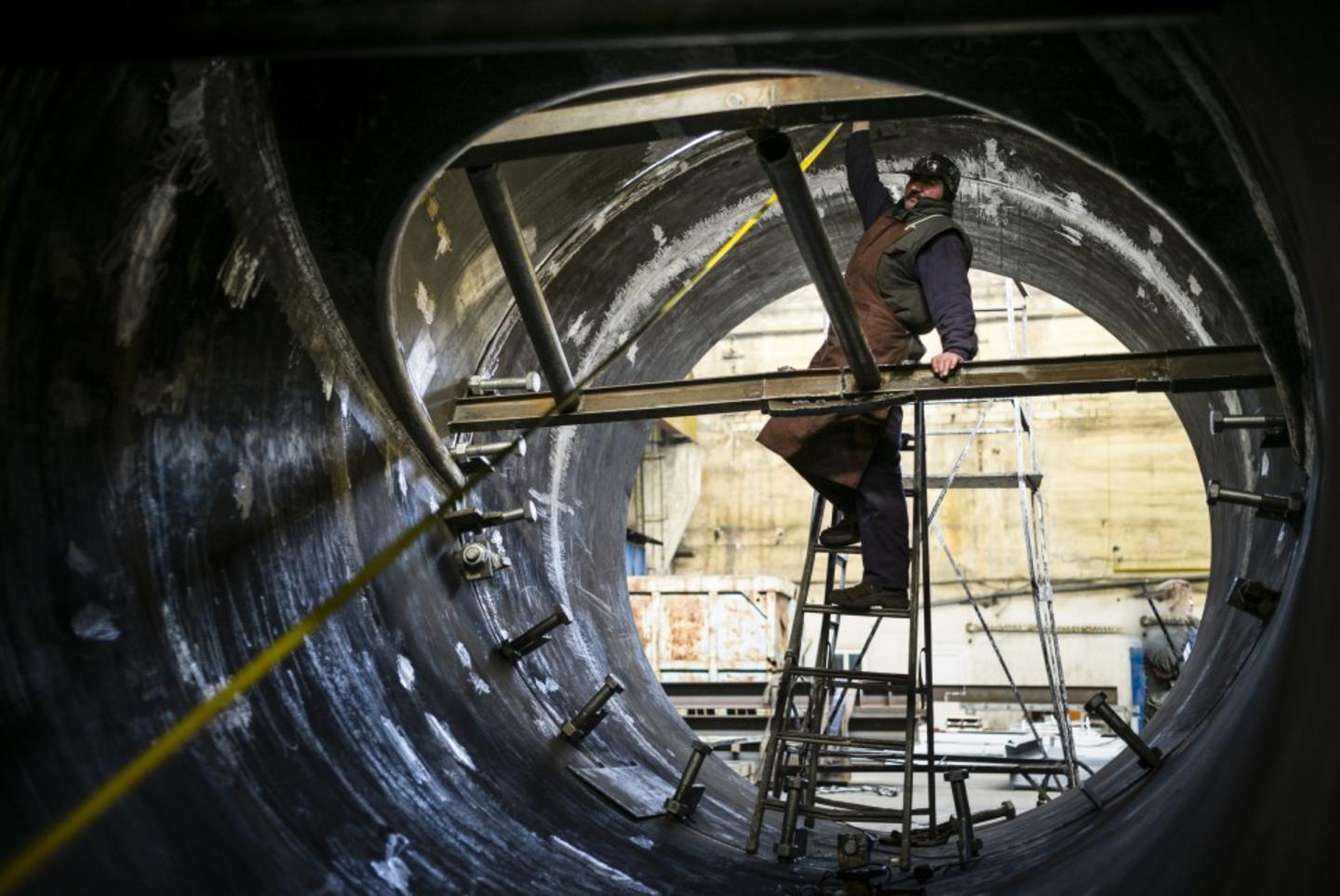Key information about the programme
- The programme is operated by: Innovation Norway (IN) who serve as the Fund Operator
- The Donor Programme Partners in this programme are: Norwegian Water Resources and Energy Directorate and National Energy Authority of Iceland
- Other programme partners: Ministry of Energy and Ministry of Environment in Romania
- The programme’s objective is: Less carbon intensive energy and increased security of supply
- The programme funding amounts to €62.8 million (excluding co-financing), out of which €29.9 million is funded through the EEA Grants and €32.9 is funded through the Norway Grants
Why is the programme needed?
The energy sector is a strong contributor to Romania’s development, with a strong influence on the economy, quality of life and the environment. Romania has huge energy resources and is working on meeting its EU 2020 and EU 2030 targets for both renewable energy share and climate emissions. However, the country is below the EU average in the fields of research and innovation, particularly on the low-carbon economy. Therefore, the challenge is to modernize and develop the energy business – among other measures, by strengthening energy security and reducing dependency on fossil fuels. In addition, there are differences in connectivity at the local level. While some districts are fully connected, others are either without access to the energy grid, or have ad-hoc and insecure connection. To meet the consumer’s needs in the long run, the Romanian energy sector must become cleaner, more economically robust and technologically advanced. Good governance in the energy sector and reducing energy poverty are also key goals, in line with the national and EU strategies.
What will the programme achieve and who are the beneficiaries?
To address the identified challenges, the programme foresees a broad strategy which targets almost all areas of support in the field of energy. Energy security will be supported through diversification of energy sources, particularly by focusing on hydropower, geothermal heating, and electrification projects. In addition, it will also target districts and local communities with little or no access to electricity to avoid e.g. the use of coal as household energy sources. The programme is thus expected to contribute significantly to the reduction and avoidance of CO2 emissions as well as increasing the resilience of the national energy system, in turn contributing to increased energy security.
How will the programme strengthen bilateral relations?
The programme will facilitate bilateral information and experience sharing on specific topics between Romania and the Donor States to build mutual capacity and competences within the energy field. Further strategic, long-term cooperation on common international and national challenges and obligations is also foreseen (e.g. on updated targets and requirements for EU legislation linked to the Paris Agreement and the EU Energy Package). These initiatives will be carried out through study visits and workshops, besides international conferences or side events when relevant.
Availability of funding through open calls
In addition to one pre-defined project (subject to further development), the funding in this programme will be made available through the following calls for proposals and Small Grant Schemes (SGSs):
- Call 1: ‘Increased capacity to deliver renewable energy – Hydropower’ – 2018
- Call 2: ‘Increased capacity to deliver renewable energy – Geothermal’ – 2018
- Call 3: ‘Increased capacity to deliver renewable energy – Other RES’ – 2018
- SGS 1: ‘Hydropower, geothermal and other renewables for SMEs and NGOs’ – 2018
- SGS 2: ‘Initial energy audits/energy balance’ – 2018
- Call 4A and 4B: ‘Increased energy efficiency in place’ – 2019
- SGS 3: ‘Increased energy efficiency’ – 2019
- SGS 4: ‘Increased knowledge on renewable energy and energy efficiency’ – 2020
- Call 5A and 5B: ‘Enhanced research and development capacity’ – 2019
- SGS 5: ‘Enhanced research and development capacity’ – 2019
- Call 6A and 6B: ‘Electrification of households’ – 2018
Download the full programme agreement for more detailed information about the programme
More information can also be found on the Programme Operator’s website and on the Donor Programme Partners’ websites: National Energy Authority of Iceland and Norwegian Water Resources and Energy Directorate.
